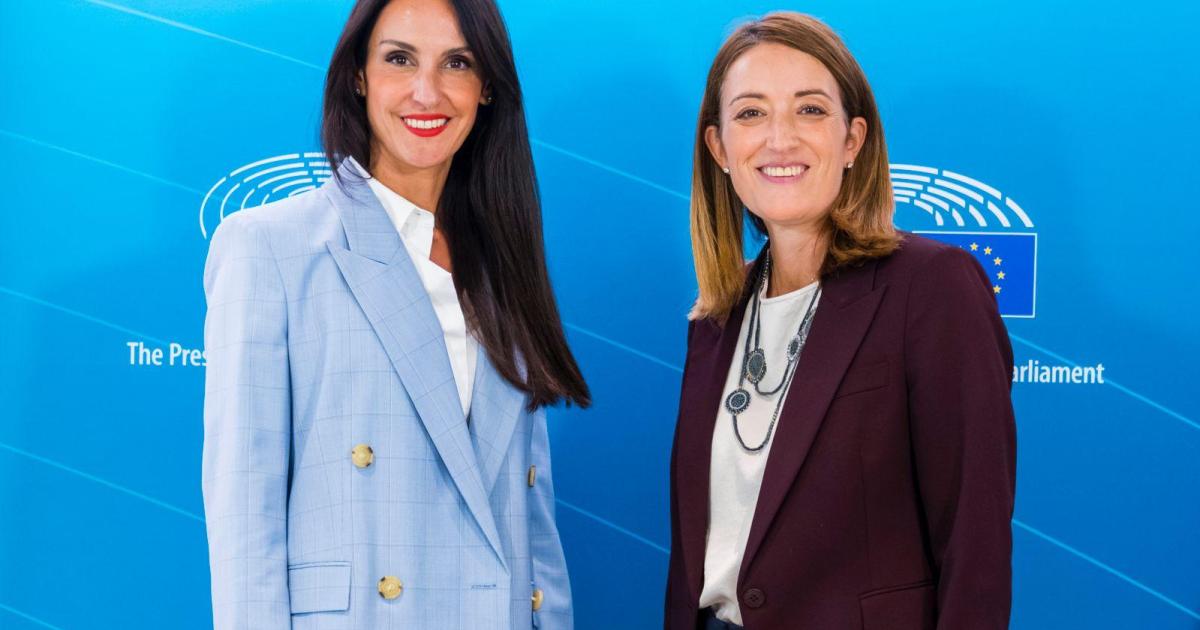Updated 7.50pm
The European Parliament has employed its first full-time Maltese interpreter, over 20 years since the country joined the EU.
Daniela Scerri was appointed by parliament president Roberta Metsola and will also serve as the first Head of Booth for the Maltese language.
News of the appointment was first announced by MEP Alex Agius Saliba, who previously slammed the lack of Maltese interpreters in the EU as “totally unacceptable”.
Last year, a spokesperson for the European Parliament told Times of Malta it is “impossible” to provide Maltese interpreters for all European Parliament meetings involving Maltese MEPs.
At the time, the EU’s institution shared a pool of 28 freelance Maltese interpreters. Out of those, three-quarters worked regularly at the EP.
In a statement on Wednesday, Agius Saliba said following several interventions, Malta now has its first Maltese interpreter directly employed by the European Parliament, along with the first Head of Booth for the Maltese language.
Malta became a member of the European Union back in 2004. As an official language of the EU, Maltese is meant to be accepted and interpreted in all official meetings.
“Good progress has been made, but it is not enough,” Agius Saliba said.
“The pressure was crucial in bringing about this change, whether when I emphasised the importance of Maltese interpreters in various committee meetings or when I stopped speaking in Maltese during plenary speeches simply because no Maltese interpreters were available. This was a completely unacceptable situation.”
Agius Saliba said he has now written to the Secretary-General of the European Parliament to request the direct recruitment of two Maltese interpreters per year so that by the end of the current legislature, there would be six Maltese interpreters working directly with the European Parliament.
Agius Saliba also thanked the other Maltese MEPs who agreed to co-sign the letter with him.
“This is proof that together we can work better in the best interest of our Malta and Gozo,” said Agius Saliba.
The lack of Maltese interpreters has been flagged by other MEPs, including David Casa and Alfred Sant, who in 2020 complained that many freelance interpreters had been “left out in the cold” during the COVID-19 pandemic due to meetings taking place virtually, branding the lack of personnel “manifestly unfair and unjust”.
In 2005, former Labour MEP and later Prime Minister Joseph Muscat refused to continue addressing the European Parliament after he was informed no interpreters were present to translate his speech from Maltese into other languages.
